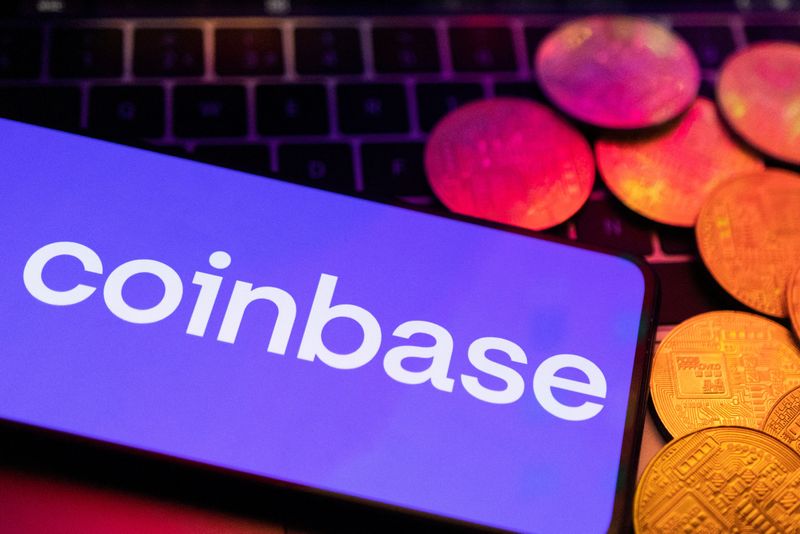The British Regulators have fined Coinbase UK division £3.5 million ($4.5M) for onboarding high-risk customers.
British regulators have imposed a £3.5 million ($4.5 million) sanction on the cryptocurrency exchange Coinbase UK arm, CB Payments Limited (CBPL), to tighten up on its lax customer onboarding procedures. The penalty is the consequence of CBPL’s violation of a voluntary agreement intended to prevent the onboarding of “high-risk customers.”
The UK unit of Coinbase fails to comply with the Financial Conduct Authority (FCA)
The agreement in October 2020 resulted from the Financial Conduct Authority (FCA) identifying the deficiencies in CBPL’s control system. This agreement restricted CBPL to new customers who are not high-risk and prohibited the company from providing services to existing customers. Nevertheless, the FCA discovered that CBPL violated these restrictions and had brought in a concerning number of 13,416 high-risk individuals.
Coinbase emphasized that the FCA’s conclusions are accurate and based on fact. The report also acknowledges the department’s efforts to enhance regulatory compliance and controls, which includes Coinbase CPBL. The FCA’s notice recognized these endeavors and CBPL’s cooperation throughout the investigation.
Although Coinbase maintains that these were unintentional on-boardings, a substantial number of these consumers (approximately 31%) deposited roughly $24.9 million; the FCA has determined that these funds, which amount to approximately $226 million, were utilized for crypto transactions and withdrawals through other Coinbase entities.
FCA Issues Warning Regarding Potential for Money Laundering and Laxity
Therese Chambers, the Joint Executive Director of Enforcement and Market Oversight at the FCA, conveyed grave apprehensions regarding the situation. She declared:
“CBPL’s controls had significant weaknesses, and the FCA told them so, which is why the requirements were needed. CPBL, however, repeatedly breached those requirements.”
Chambers also underscored the increased likelihood of criminals exploiting the laxity of CBPL for money laundering activities. The FCA is unequivocal in its stance: it will not tolerate disregarding regulations jeopardizing market integrity.
This incident underscores the continual challenge of regulating the crypto industry. Although the FCA’s action functions as a deterrent, it also emphasizes the necessity of a more comprehensive, globally coordinated regulatory framework. To mitigate the risks associated with money laundering and other illicit activities within the cryptosphere, establishing clear guidelines and implementing more stringent enforcement will be essential.
The overall operations of Coinbase are yet to be determined by the impact of this fine. Nevertheless, it undoubtedly serves as a wake-up call for the company and the broader crypto industry to prioritize the implementation of robust Know Your Customer (KYC) procedures and adhering to evolving regulations.
